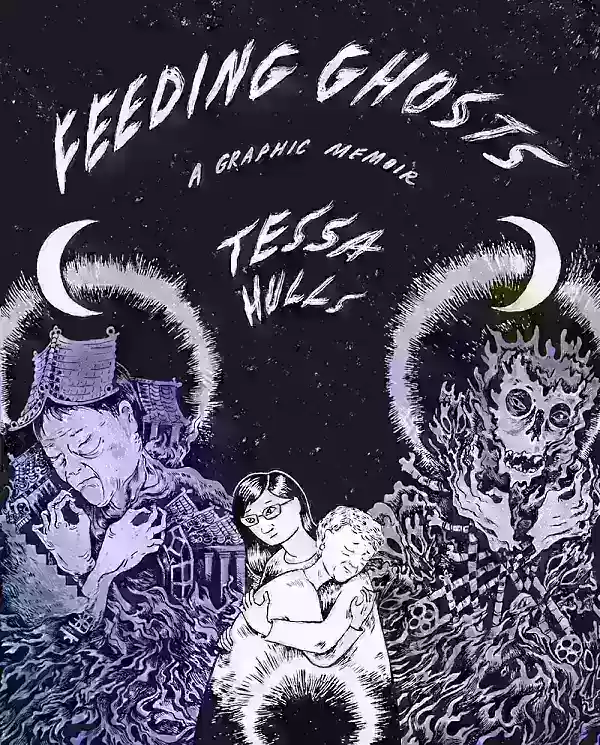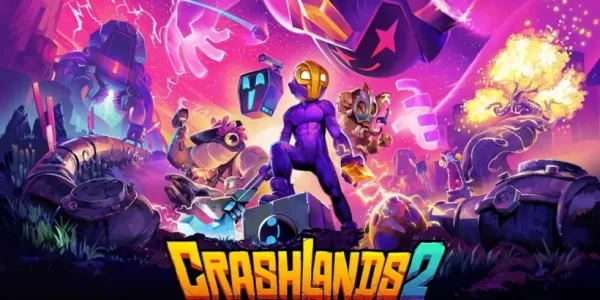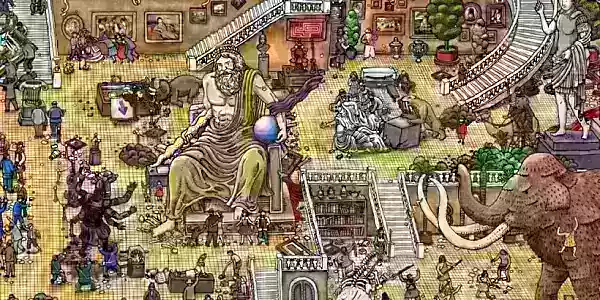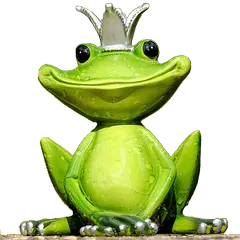If you're a fan of powerful storytelling, then the news about Feeding Ghosts: A Graphic Memoir (MCD, 2024) by Tessa Hulls winning the Pulitzer Prize is nothing short of historic. Announced on May 5, this marks a major milestone not only for Hulls but also for the graphic novel medium as a whole.
Feeding Ghosts is now recognized as the second graphic novel in history to receive a Pulitzer Prize—the first being Art Spiegelman’s Maus, which won a Special Award in 1992. But unlike Maus, Feeding Ghosts triumphed within a regular category, Memoir or Autobiography, competing directly against some of the finest English-language prose in the world. Even more impressive? This is Tessa Hulls’ debut graphic novel.
Widely regarded as one of the most prestigious honors in journalism, literature, and music in the United States, the Pulitzer Prize holds global prestige second only to the Nobel Prize. That Feeding Ghosts has earned its place among such esteemed company speaks volumes about the growing recognition of comics and graphic narratives as serious literary art forms.
Yet despite the significance of this achievement, the win has been curiously underreported. Since the announcement two weeks ago, only a small number of mainstream and trade publications—such as the Seattle Times and Publishers Weekly—have covered the story. Among comic-focused outlets, only Comics Beat gave it notable attention.

According to the Pulitzer Prize Board, Feeding Ghosts is “an affecting work of literary art and discovery whose illustrations bring to life three generations of Chinese women—the author, her mother, and grandmother—and the experience of trauma handed down with family histories.” The book, which took nearly a decade to complete, is a deeply personal exploration of inherited pain and resilience across generations.
Hulls delves into the legacy of her grandmother, Sun Yi—a once-prominent Shanghai journalist uprooted by the upheaval of the 1949 Communist revolution. After fleeing to Hong Kong, Sun Yi authored a bestselling memoir chronicling her persecution and survival. Yet she later suffered a mental breakdown from which she never recovered. Her daughter—Hulls’ mother—also grappled with unprocessed trauma, a pattern that shaped Hulls’ own upbringing.
In an interview last month, Hulls described the emotional weight behind the project: “I didn’t feel like I had a choice. My family ghosts literally told me I had to do this. My book is called Feeding Ghosts because that was the beginning of this nine-year process of really stepping into something that was my family duty.”
Though Feeding Ghosts may be her only graphic novel, as Hulls found the solitary nature of the work overwhelming, it’s clear that the journey left a lasting impact. As she mentioned in another interview, “I learned that being a graphic novelist is really too isolating for me. My creative practice relies on being out in the world and responding to what I find there.” On her [ttpp], she explains her decision to shift toward embedded comics journalism, collaborating with field scientists, Indigenous communities, and nonprofits working in remote regions.
Regardless of what comes next for Tessa Hulls, Feeding Ghosts stands as a groundbreaking achievement—one that deserves recognition far beyond the boundaries of the comics world. It's a testament to the evolving perception of graphic novels as legitimate, impactful literature.








